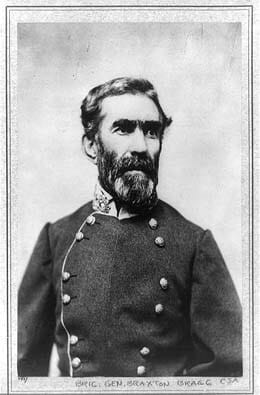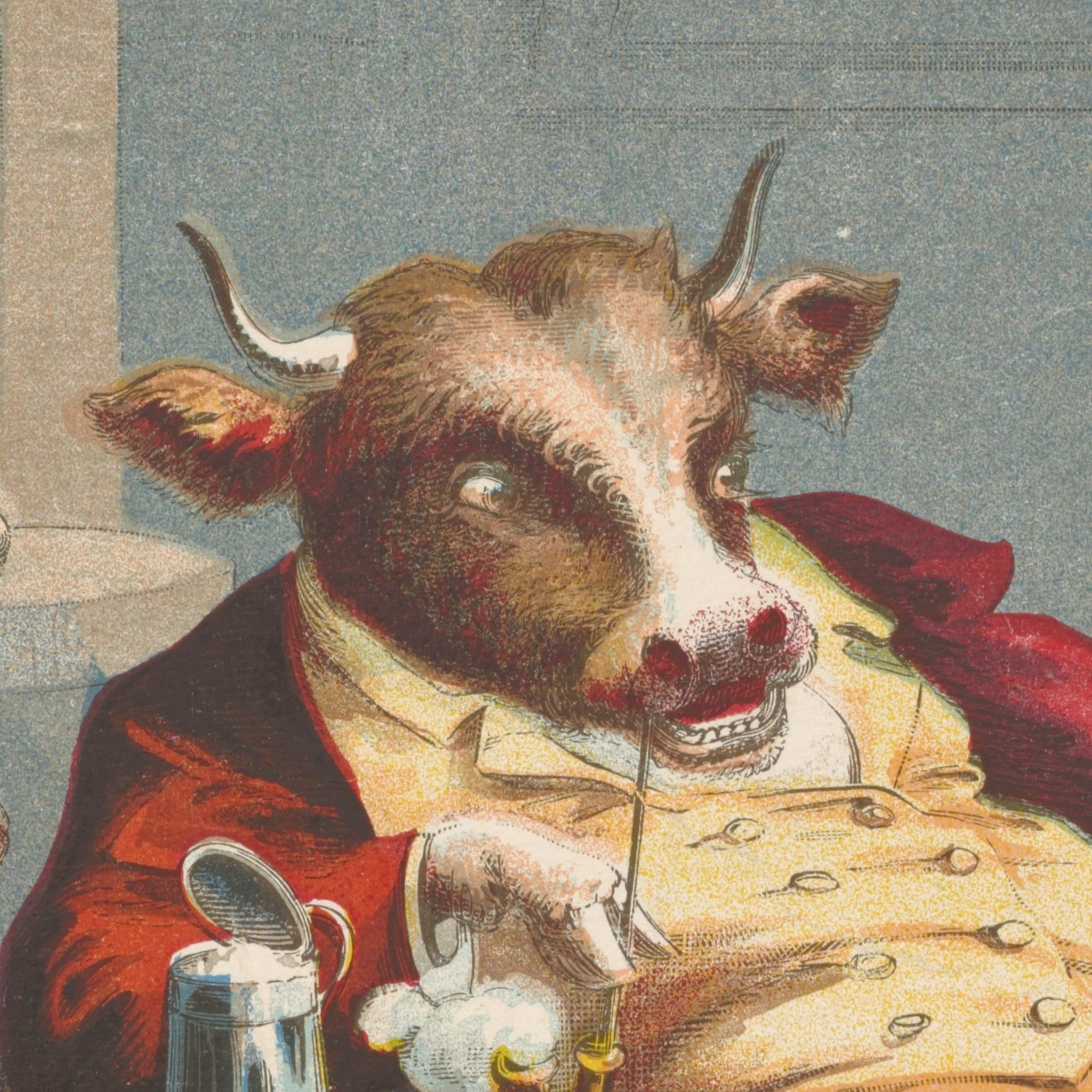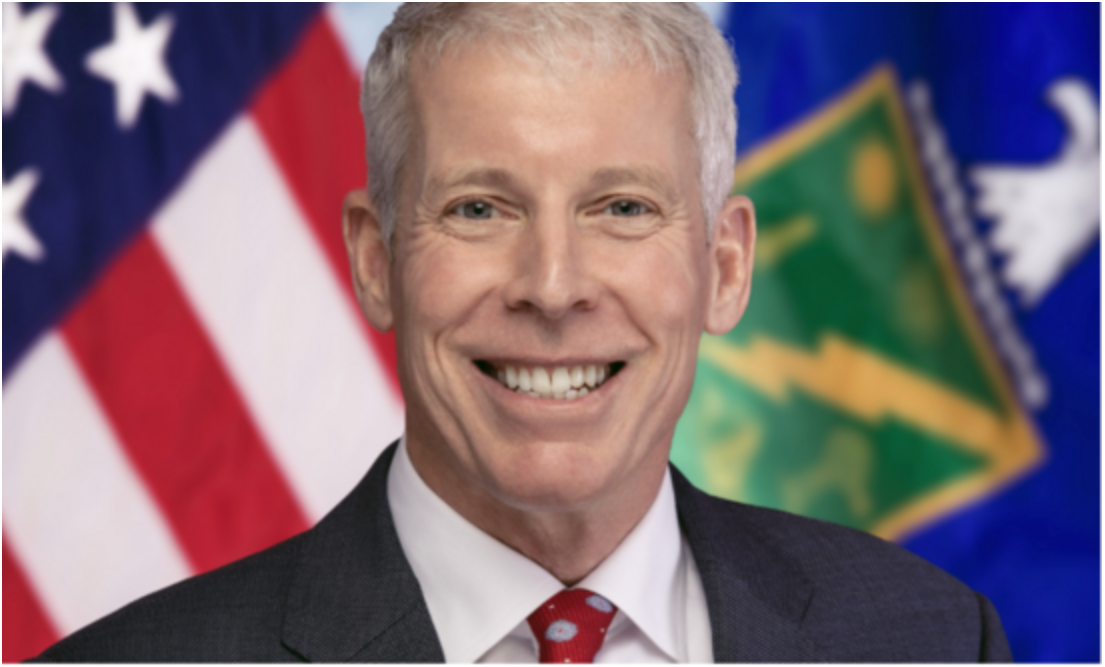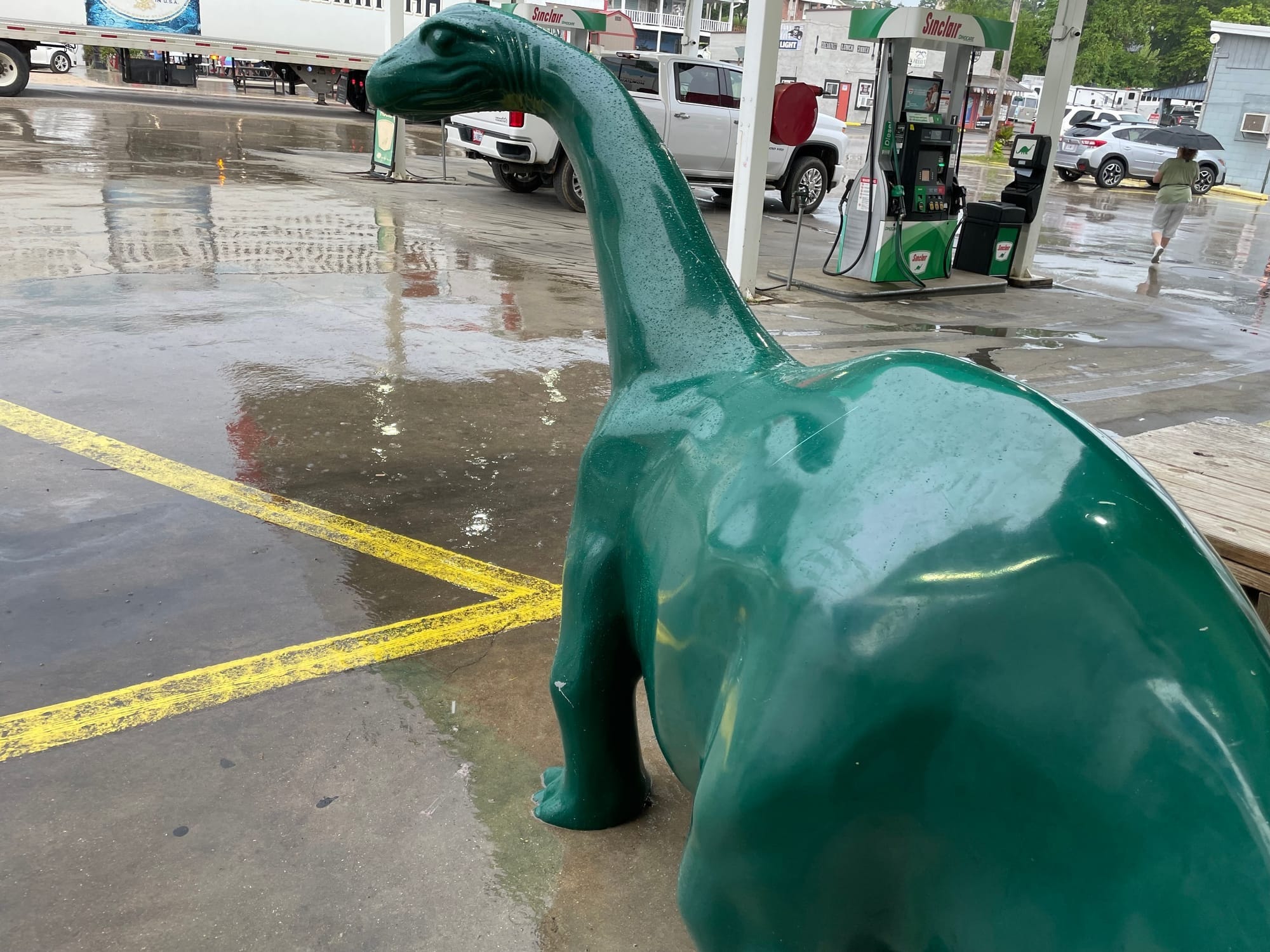Former President Donald Trump thinks he’s discovered the secret to winning the swing state of North Carolina by a big margin. He is pledging to restore the Confederate title of a military base that was renamed last year.
On Friday evening, Trump answered questions at a town hall in Fayetteville, N.C., the home of Fort Liberty. Trump said he would restore the base’s name to Fort Bragg if he wins the November election against Vice President Kamala Harris. The Army base was originally named after Confederate Gen. Braxton Bragg, a slave-owning plantation owner whom historians consider the South’s worst and most hated general.
Bragg was not only a traitor but a loser. So it’s quite fitting that Trump and his MAGA cultists would like to restore the base’s old name.
The renaming was part of a Defense Department initiative to rename nine military installations which bore the titles of Confederate soldiers. The initiative reflected a wider movement to remove Confederate symbols that grew out of the racial justice protests in the summer of 2020 following the police killing of George Floyd, a Black man, in Minneapolis.
Trump had opposed the move as president, but Congress overrode his veto to approve defense legislation that included the base renaming provision.
Fort Liberty, the largest populated U.S. military base in the world, is the home of the airborne and special operations forces.
The Fayetteville Observer, in a story about Friday’s campaign event, wrote:
Within seconds of taking the stage for a town hall at the Crown Arena in Fayetteville on Friday evening, former President Donald Trump vowed to change the name of nearby Fort Liberty back to Fort Bragg if he is reelected.
"I walked in — the first question that I asked — should we turn the name Fort Liberty, back to Fort Bragg? First question," he said to cheers from the crowd. "Right, so here's what we do — we get elected, I'm doing it. I'm doing it.”
Later, Trump indicated that restoring the base’s former name was the "secret to winning" North Carolina after the crowd booed a young man who identified himself as an active duty soldier serving at Fort Liberty. Trump said:
"I think I just learned the secret to winning absolutely and by massive margins, I'm going to promise to you... that we're going to change the name back to Fort Bragg … This great-looking soldier just accidentally said `Fort Liberty’ and he got almost booed the hell out of the place."
The town hall was hosted by the ultra-MAGA U.S. Rep. Anna Paulina Luna of Florida.
Trump also told the crowd of about 4,600:
”We did win two world wars from Fort Bragg, right? so this is … this is no time to be changing names. But we're gonna do that. We're going to do everything we can. We're gonna get it back. We're gonna bring our country back."
Trump: But I think I just learned the secret to winning absolutely and by massive margins. I'm going to promise to you, as I said at the beginning, that we're going to change the name back to Fort Bragg pic.twitter.com/4YfID2OtVi
— Acyn (@Acyn) October 4, 2024
But The Fayetteville Observer said Trump would likely not be able to make good on his pledge to restore the base’s former name because the old Confederate names of the southern military bases were changed as part of federal law in a past defense bill. The newspaper wrote that “there would be no taste among Washington, D.C. lawmakers to vote to resurrect” the names of slave-holding Confederates at a cost of millions of dollars to put the old names back.
Trump's pledge drew this response on X from former Republican Rep. Adam Kinzinger of Illinois, who served on the House Select Jan. 6 committee and has endorsed Harris for president.
"Public announcement: the Confederacy lost, they were traitors, despicable and disgusting and while we should study them to see how brain worms work, everything honoring the confederacy should be removed, Screw the Confederacy.”
Public announcement: the Confederacy lost, they were traitors, despicable and disgusting and while we should study them to see how brain worms work, everything honoring the confederacy should be removed. They LOST
— Adam Kinzinger (Slava Ukraini) 🇺🇸🇺🇦🇮🇱 (@AdamKinzinger) October 5, 2024
Screw the Confederacy https://t.co/UEapT1sWMN
After Hurricane Helene devastated a large swath of North Carolina, many residents might have something else on the mind other the restoring the names of Confederates to military bases.
As MeidasTouch editor-in-chief Ron Filipkowski wrote on X:
"Because what is foremost on the minds on North Carolinians right now is restoring honors to an incompetent Confederate General who was despised by his staff and men and lost repeatedly before getting fired.”
Perhaps that’s why Trump identifies with Braxton Bragg.
For the record, Trump would not be able to change the name. The old Confederate names of the southern military bases were changed as part of federal law in a past defense bill. There would be no taste among Washington, D.C., lawmakers to vote to resurrect the slave-holding Confederacy. Least of all at the cost of wasting millions already spent to make the changes and spending millions more to put the old names back.
Trump’s campaign spokesman Steven Cheung told Newsweek that critics are "anti-America simps.":
"It's time to undo Kamala Harris' DEI [diversity, equity, and inclusion], wokification of our military which disrespects the men and women of the armed forces."
Well, it’s certainly disrespectful to the men and women of the U.S. armed forces to have a base named after Gen. Braxton Bragg, who enslaved more than 100 people on his Louisiana sugar cane plantation and had a reputation for failure as commander of the Army of Tennessee in the Civil War.
Dr. William Sturkey, a historian and assistant professor teaching the history of race in the American South at UNC-Chapel Hill, told North Carolina’s WTVD in 2020 how the base got its name when it was opened as an artillery training facility in 1918 during World War I:
“It's pretty rare for the country to have a major military installation named for somebody who fought against that country. It was the Confederacy against the United States of America. He was killing American troops. He didn't fight under the banner of the United States of America and therefore, he was the enemy." ...
According to Sturkey, the local chamber of commerce chose the name because Bragg, a native of Warrenton, N.C., was the only general from North Carolina during the Civil War.
"They just chose the name. The U.S. Army was more worried about mobilizing troops. They just let locals name it without thinking there would ever be a World War II, let alone a Vietnam War," said Sturkey. "They had no idea of the long-lasting impact it would have on Fayetteville."
In 2020, David Silbey, a Cornell University historian, told Politifact:
By World War I, officials had decided that reconciliation between the North and South "was more important than the rights of freed African Americans, which led, among other things, to the unhindered establishment of Jim Crow in the South."
The military was thoroughly segregated at the time, with white southerners dominating the officer corps at the time.
As an artillery captain, Bragg, a West Point graduate, did gain a reputation as a hero during the Mexican-American War when his artillery battle fired “grapeshot” projectiles to repel a Mexican attack during the 1847 Battle of Buena Vista, earning praise from Gen. Zachary Taylor, who was elected president the next year. His battery supported troops led by another West Point graduate, Jefferson Davis, the future Confederate president.
But Bragg had already earned a reputation as a harsh disciplinarian. That led a soldier under his command to try to assassinate Bragg by exploding a 12-pound shell under his cot. Bragg survived, the cot didn’t.
After retiring from the military, Bragg bought a sugar cane plantation in Louisiana, where he owned 105 slaves.
Michael Newcity wrote in Duke Today:
Between the Mexican War and the Civil War, Braxton Bragg lived the life of a genteel planter on a sugar cane plantation in Louisiana where slaves put in back-breaking labor in unspeakable conditions to bring molasses to market and earn Bragg a profit. He met any Northern criticism of slavery with harsh criticism.
After Lincoln’s election in 1860 he was a proponent of Southern secession.
Let’s not be in any doubt about what Braxton Bragg represents. He was a slaveholder who fought against the U.S. Army in order to preserve the South’s “peculiar institution.”
Bragg was put in command of Louisiana’s militia after the state seceded from the Union, and after the 1862 Battle of Shiloh, Davis promoted him to command what became known as the Army of Tennessee. But his subordinate officers and troops both despised him.

Pvt. Sam Watkins of Tennessee wrote in his memoirs that Bragg was a “merciless tyrant” whom “not a single soldier in the whole army ever loved or respected.”
Gen. Nathan Bedford Forrest, the cavalry officer who became the first Grand Wizard of the Ku Klux Klan in 1867 called Bragg “a damned scoundrel” and “a coward” for not pursuing retreating Union troops after one of his rare victories in the Battle of Chickamauga in northern Georgia in September 1863.
In November 1863, Union troops under the command of Gen. Ulysses S. Grant routed Bragg’s army in series of battles near Chattanooga, securing control of Tennessee and opening the way for the invasion of Georgia. Bragg then resigned his command.
After the war, former Confederate officer William Dudley Hale wrote in a letter: “Bragg was obstinate but without firmness, ruthless without enterprise, crafty yet without stratagem, suspicious, envious, jealous, vain, a bantam in success and a dunghill in disaster.”
Historian Earl J. Hess, author of the 2016 biography, “Braxton Bragg: The Most Hated Man of the Confederacy, wrote: "At best, Bragg's impact was uneven, and in many ways he hastened Confederate defeat."
That Trump should make a campaign issue of restoring Bragg's name to a major U.S. Army base is not only an insult to the troops who fought and died to preserve the Union and end slavery in the Civil War but to the diversified ranks of our troops serving today.
And here’s a video of the less than illustrious career of one of the worst generals in American history.












Comments
We want Uncharted Blue to be a welcoming and progressive space.
Before commenting, make sure you've read our Community Guidelines.